A woman’s body is a fine balance of hormones. Care to disagree?
OK ladies, ever had one of those days where you feel anxious, like everything is getting on top of you and there’s no motivation to do all those errands that have piled up? To top it off you haven’t had sex for the last 3 months either. It’s not that you have intimacy issues with your partner or didn’t want sex in your mind; it’s just that you had no inclination to actually get physical. Ever feel like that day is actually every day? Before you consider yourself to be depressed or on the verge of a mid-life crisis, go and check your testosterone levels. Low T in women is little understood by physicians and not heavily publicized as a cause but it could be what’s causing your lack of well-being. So why do so many people ignore this possibility?
Low T in women can strike at any age, although your chances do increase as you get older, especially after menopause. Some may argue that testosterone in women is insignificant. We disagree. A woman’s body is a fine balance of hormones. Just because this is a male sounding hormone does not mean that it should be ignored. Women naturally produce around 10% the amount of testosterone that men do but it’s still a significant amount, even if it’s not as critical as other hormones.
Estrogen, another hormone, helps regulate a woman’s body, menstrual cycle and sex drive. It is helps maintain a woman’s body: like the size of her breasts, pelvis, body fat and uterus lining. This is obviously a more significant hormone.
Progesterone is steroid hormone found in women. It’s also imperative for the regulation of a woman’s menstruation, fertility but primarily it’s there to balance out the effect of Estrogen.
Estrogen and progesterone depend on each other. Estrogen stimulates and Progesterone calms and balances. So where does testosterone fit in to this fine balance? Together, these hormones effect the distribution of natural testosterone in the blood stream. They are all interlinked.
Testosterone, an Androgen hormone, is effectively a chemical messenger that communicates and send messages throughout the body. A woman’s ovaries and adrenal glands naturally produce a small amount of testosterone so my question to all those skeptics is “if you’re body naturally produces a chemical, it’s because your body needs this chemical to function properly”.
There are skeptics I hear you say? There are. Why? Probably down to the lack of research and understanding that focuses on women. Until now, most testosterone research has been focused on men. It’s this lack of research and widespread approval which make physicians ignore the treatment options.
Another reason is because low testosterone in women mimics other conditions. Apart from depression, the symptoms are similar to those of hypothyroidism, anemia and even some auto-immune diseases. Trauma, surgery and critical illness can also be a cause.
Another reason is because women produce a relatively small amount of testosterone, so many consider the hormonal effect to be limited.
The symptoms of Low T in women are related to external factors as well, for example, smoking, over alcohol consumption, oral contraceptives, and some types of prescription medication (like anticonvulsants and thyroid treatments). Your Doctor is likely to encourage you to try lifestyle changes, diet and even changing your oral contraceptive pill before prescribing testosterone therapy, and so they should. You should never start any medical therapy before testing your testosterone levels and trying to find out what existing medication or illness might be throwing your hormone levels off track. A change in oral contraceptive might be all it takes to solve your low testosterone problem. It could be that by cutting out smoking, drinking and exercising 3 times a week helps maintain correct levels naturally. It really all depends on what level your testosterone actually stands at and how your body reacts to the changes you make.
If you are going through or have been through menopause, have had your ovaries removed or have experienced problems with your adrenal glands or your brains pituitary gland then your testosterone production might have plummeted to half its previous production. In this case lifestyle change might not be enough and you will need to go ahead with testosterone therapy.
If you do decide to start testosterone replacement therapy, there are many options out there, some need prescriptions and some can be purchased online. Whatever route you take, remember to monitor your levels regularly so you don’t end up with too much testosterone and unintentional side effects.







